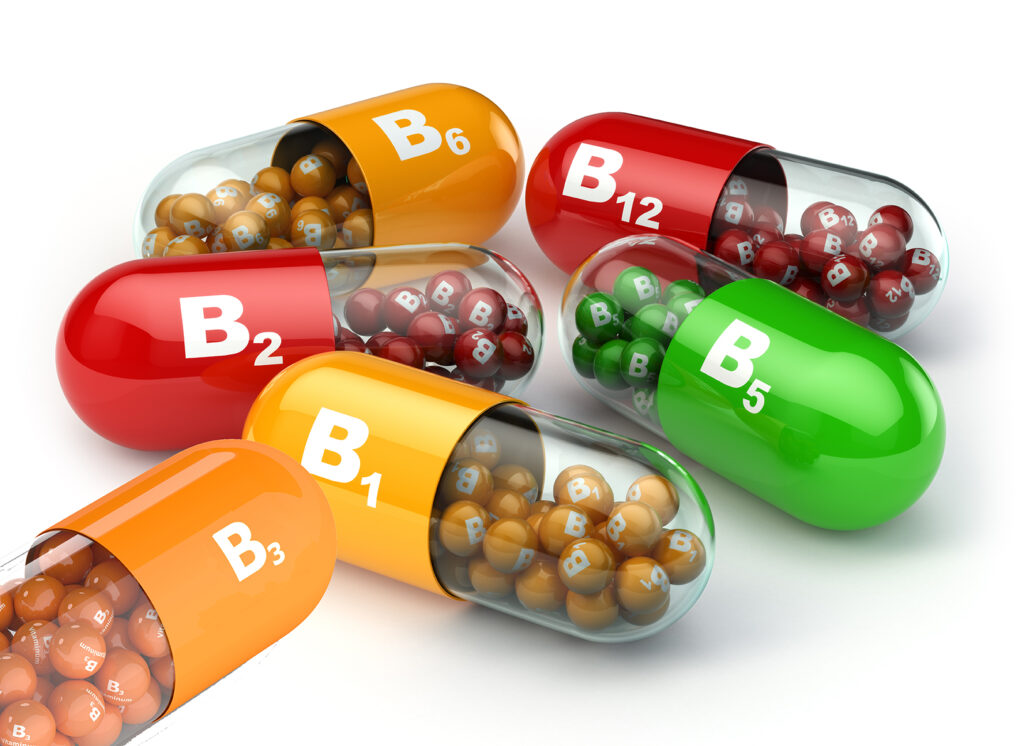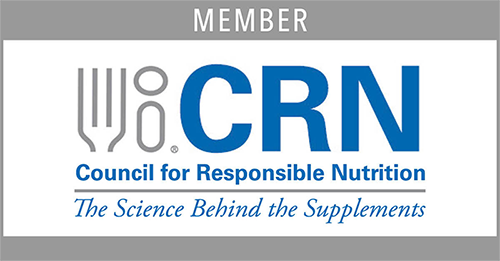Many people think you can’t get too many water-soluble vitamins because the excess is simply flushed out. It’s not that simple.

Our bodies require vitamins to perform myriad essential functions and maintain optimal health. There are two main groups of vitamins: fat-soluble and water-soluble. Today, we will break down everything you need to know about the water-soluble group, which includes the B-complex vitamins and vitamin C. This group plays vital roles in energy production, cell maintenance, and several physiological processes.
Understanding Water-Soluble Vitamins
Unlike fat-soluble vitamins, which are absorbed along with fats and stored in our fat tissues, water-soluble vitamins dissolve in water and are absorbed directly into the bloodstream during digestion. This solubility means they are readily excreted in our urine, so we require a consistent supply in our diet to meet our health needs. Since they’re not stored extensively, deficiencies can develop more rapidly, emphasizing the need for consistent intake

The Right Balance
Because excess water-soluble vitamins are eliminated in urine, some people consider them to be the “safe” vitamins, the ones that you can’t get too much of. However, this is an unfortunate misconception. Just because the body doesn’t store these vitamins in the same way as fat-soluble ones, that doesn’t mean you have the green light to take mega-high doses.
Yes, excess amounts of your body’s needs will be eliminated when you pee, but this doesn’t mean your organs are getting away unscathed. Overconsumption of these vitamins, typically from supplements, can lead to issues such as nerve damage, kidney issues, or gastrointestinal problems.
Moreover, our bodies require a delicate balance of these nutrients. Overdoing it on one vitamin might affect the absorption and utilization of another one. So, sticking to the Recommended Dietary Allowance (RDA) for these nutrients is recommended unless otherwise told by your healthcare provider that you need more. If you are seeking a supplement to help fill any gaps in the diet, selecting a multivitamin that doesn’t exceed the RDAs for each nutrient is the best way to ensure you aren’t overdoing it.
The B Vitamins – The Energy Group
We hear a lot about vitamins B6, B12, and maybe even biotin, but the B vitamins actually consist of much more than those. There are a total of eight B vitamins, and they are often grouped together and referred to as the “B Complex.” You’ve probably noticed this term on supplement labels, which indicates that the product is a blend of all eight vitamins.

B-complex vitamins are particularly important for releasing energy from the food we eat, delivering oxygen throughout the body, and helping to form red blood cells. Here we’ll take a look at the specific functions of each of the B vitamins:
● B1 (Thiamin): Thiamin is involved in energy metabolism, helping the body convert carbohydrates into energy. It also supports nerve function and helps maintain a healthy nervous system.
● B2 (Riboflavin): Riboflavin helps the body release energy from carbohydrates, proteins, and fats. It also helps maintain healthy skin, eyes, and nerve functions and is even involved in red blood cell production.
● B3 (Niacin): Niacin helps release energy from carbohydrates, proteins, and fats. It’s also essential for the proper health of our nervous system, digestive system, and skin. ● B5 (Pantothenic acid): Pantothenic acid is the key component of a molecule known as coenzyme A. This coenzyme is necessary for converting food into energy and creating fatty acids, cholesterol, and steroid hormones.

● B6 (Pyridoxine): Pyridoxine plays an essential role in releasing stored energy from our muscles, which is especially important during exercise. It also helps create glucose from protein fragments. On top of that, it’s needed for red blood cell formation and the production of neurotransmitters.
● B7 (Biotin): Like many other B vitamins, biotin assists in the breakdown of carbohydrates, proteins, and fats. It also participates in gene regulation and cell signaling. Biotin is often promoted with claims that it will help strengthen hair, skin, and nails, but evidence of its effectiveness is still unclear.
● B9 (Folate): Folate plays a crucial role in DNA synthesis and repair and in the formation of red blood cells in bone marrow. It’s particularly important during periods of rapid cell division and growth, such as pregnancy.
● B12 (Cobalamin): Cobalamin is necessary for red blood cell formation, neurological function, and the production of DNA.

Vitamin C – The Immunity Booster
Vitamin C, also referred to as ascorbic acid, is a powerful antioxidant that plays an important part in supporting our immune system. It supports various functions of both the innate and adaptive immune system. Its antioxidant properties are also critical for scavenging free radicals and preventing oxidative stress. In addition to all that, it’s essential for the synthesis of collagen, the absorption of iron, and the maintenance of cartilage, bones, and teeth.
Sources and Benefits
The best way to get your water-soluble vitamins is through a balanced and varied diet.
● B vitamins are abundant in whole grains, meat, eggs, seeds and nuts, dark leafy vegetables, and fruits.
● Vitamin C is plentiful in citrus fruits, berries, potatoes, tomatoes, peppers, cabbage, Brussels sprouts, broccoli and spinach.
If you struggle to consume the amounts you need from your diet alone, supplements are an excellent way to fill the gaps.

Key Takeaways
Water-soluble vitamins, including the B-complex group and vitamin C, play an indispensable role in various functions, ranging from energy production to immune support and oxygen delivery. Since water-soluble vitamins don’t linger in our bodies for long like their fat-soluble counterparts, regular intake is important. However, consuming more than we need can disrupt many bodily functions. Overconsumption, often stemming from excessive supplement use, can lead to unintended health outcomes. The key is moderation and balance. Your first approach should be to have a diet rich in natural food sources of these vitamins, and then use a supplement to bridge any nutritional gaps. And remember, always keep an eye on the RDAs to ensure you are getting just enough vitamins—not more and not less.



